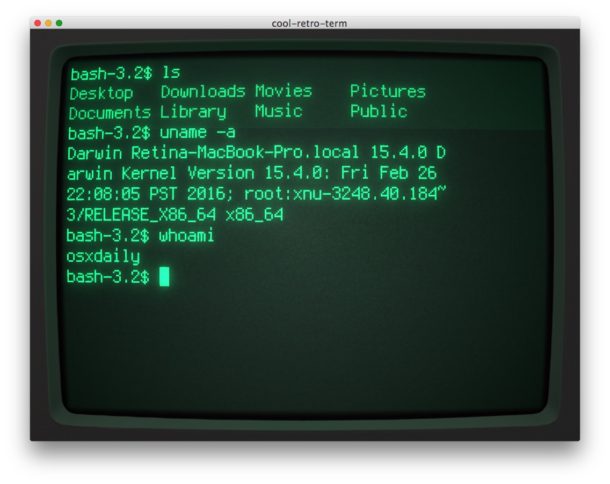

We define a convenience function: choose() Ĭommand substitution, denoted by $(.), runs the commands in the parens and captures their stdout. To place those characters randomly within the password, sort -R is used to scramble the order of characters before the password is printed: #!/bin/bashįor i in $( seq 1 $(( 4 + RANDOM % 8 )) )Ĭhoose '0123456789abcdefghijklmnopqrstuvwxyzABCDEFGHIJKLMNOPQRSTUVWXYZ' I know it to be available in the Ubuntu, Fedora, Debian and Suse repositories.This guarantees one and only one special characters, as well as at least one of digits, lower case, and upper case. You might want to check out the pwgen application.

Having said that, I am convinced that pwgen will suffice for low-security systems where attack is very unlikely. Although I no longer believe in generating passwords to then try and remember them myself, I do not have the technical aptitude to validate, let alone vouch for the contents of the article as quoted so please read it and draw your own conclusions. He sets out to describe the technical details on how pwgen can, in some circumstances, use insecure methods of password derivation from available entropy in his article. As has been pointed out by anarcat, pwgen may not (or no longer) be suitable for securing high-security systems. In the years that have passed, the face of cyber security and the demands to it have changed rapidly and enormously. More details about the rationale behind those choices is explained in the aforementioned article and my password managers review.Ģ020: I posted this answer in 2011. I mention this because I believe it is important to memorize less passwords and instead rely on a password manager to store large strings that are hard to guess. Head -c $ENTROPY /dev/random | base64 | tr -d '\n='
LINUX PASSWORD GENERATOR COMMAND LINE NUMBER OF BITS HOW TO
# strip possible newlines if output is wrapped and trailing = signs as they add nothing to the password's entropy In order to install it, open up the terminal and type in the command : sudo apt install pwgen Read: How to reset a user password in Ubuntu It will generate a bunch of passwords by simply executing pwgen command. # a password generator would be pwqgen or diceware # high-entropy compact printable/transferable string generator To generate a completely random password, I use the following shell function: # secure password generator or, as dkg puts it: But I find it easier to communicate and share passwords when they have some separator. SSH Keys and Public Key Authentication The SSH protocol uses public key cryptography for authenticating hosts and users. Such key pairs are used for automating logins, single sign-on, and for authenticating hosts. The - delimiter is a lesser evil: it would be better to not use any separator and the en_eff wordlist is especially crafted for that purpose. What Is ssh-keygen Ssh-keygen is a tool for creating new authentication key pairs for SSH. I turn off caps and spaces because they generate distinct audible noises that could be leveraged by an attacker. Syndrome-ramp-cresting-resolved-flinch-veneering It includes only one option: the amount of entropy bits used to generate the password. MD5 was designed by Ronald Rivest in 1991 to replace an. Turkey-eligibly-underwire-recite-lifter-wasp The MD5 message-digest algorithm is a widely used hash function producing a 128-bit hash value. Among many other tools which can be used on the Linux command line to generate random passwords such as openssl, mktemp, od or /dev/urandom the specific and easiest tool designed for this purpose is pwgen. To generate strong memorable passwords, I generally use diceware with the following configuration file: This article will provide you with some hints on how to generate random password using shell. I wrote a detailed article on that very topic, but basically, the gist of it is to use the diceware program (or, if you like dice, the actual diceware system) or xkcdpass.

And using it to generate completely random strings isn't that useful either. I would recommend people stop using pwgen - its main interested was generating "human-rememberable passwords", but it showed multiple vulnerabilities in doing exactly that.


 0 kommentar(er)
0 kommentar(er)
